Personal finances is a collection of topics, decisions, and strategies -- from using credit cards to doing taxes to planning your retirement -- all centered around your money and how to best manage it. At its core, it's about creating a micro-economy for your household that, decision by decision, helps you build significant wealth over time. It can seem daunting at first, but with our experts' help, you can leverage our knowledge and take advantage of our free guides to help you make a plan, improve your money situation, and prepare yourself for whatever life throws your way.
To get started, check out The Ascent's "best of" lists to find the right app or product to help you reach your money goals.
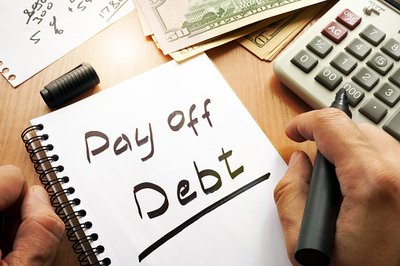
How do I get out of debt?
When you're in debt, it can feel like you're fighting an uphill battle. Getting out of this situation requires understanding how debt works, what low-interest products are available, and how to make a debt repayment plan that helps you pay it off in the most efficient way possible.

What is bankruptcy, and how does it work?
Bankruptcy is a legal process that lets people or entities who can't pay their debts obtain some type of relief by having those debts reorganized or eliminated. There are both benefits and drawbacks to taking this step, so it's important to know the implications of the process.
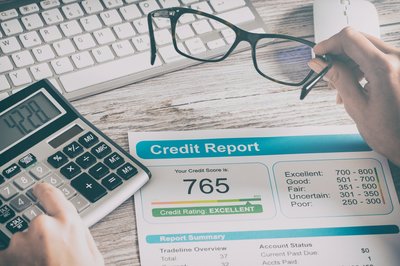
How do credit scores work?
Credit scores are three-digit numbers that can have a major impact on your life. Fortunately, they're easier to understand than you'd think.
>>> Read more: The complete guide to understanding your credit score
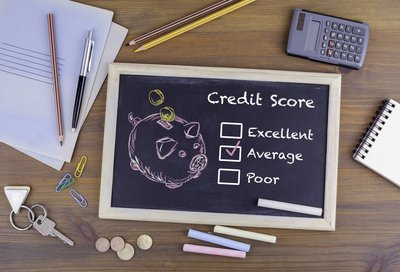
How do I increase my credit score?
Increasing your credit score can feel daunting. But fortunately, there's no credit score so low that it can't be improved. By understanding how credit scores work and what good financial habits will produce better scores, you can little by little, point by point, make progress.

How do I rebuild my credit?
If your credit score and profile has dropped after a financial problem, you'll need to take steps to rebuild your credit. It's not always an easy process, but with enough time and effort, you can ensure your credit bounces back.

What is a debit card, and how does it work?
A debit card is a bank card linked to your checking account used to make purchases. Understanding how debit cards work and their pros and cons versus credit cards is crucial to navigating today's financial landscape.
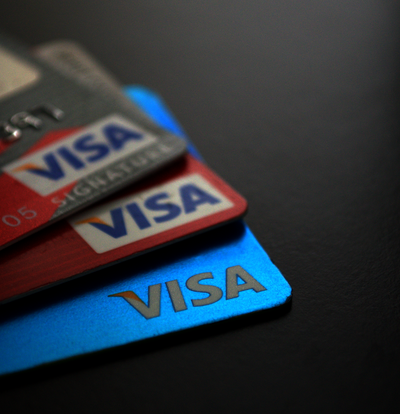
What is a credit card?
Credit cards can help you build credit, earn immense rewards, and save you on interest with 0% APR introductory promos. Understanding the ins and outs of credit cards, from their benefits and drawbacks to important terminology, will help you use credit to your advantage while avoiding expensive debt.

How do credit cards work?
Credit cards are revolving lines of credit, meaning you can replenish your credit to the degree that you pay it off. Beyond this, credit cards have billing cycles, grace periods, APRs, statement balances, minimum payments, late fees, and other terms you should know.

What is a line of credit, and how does it work?
A line of credit is a loan that allows you to borrow up to a predetermined amount of money. Depending on your personal situation, this could be a great financing option for you.

What is credit utilization?
Your credit utilization ratio is the ratio between how much revolving credit you're currently using and how much you have available to you. This ratio is an important measure of your financial responsibility.

What is a checking account?
A checking account helps you make common everyday banking transactions. From small purchases to recurring bills, checking accounts offer ways to easily send, receive, and spend money.
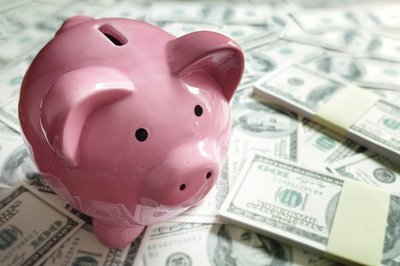
What is a savings account?
A savings account helps you save money and earn interest without risking it on the stock market. This type of account can be a great place to store money you don't plan to use immediately, but want to keep accessible in case of emergencies.

What is a money market account?
A money market account is a type of savings account offered by most banks and credit unions. Because MMAs offer interest rates that are as high as many high-yield savings account APYs, they can help you grow your money more quickly than traditional savings accounts.

What is a cash management account?
A cash management account is a flexible alternative to traditional banking. These accounts can simplify your money management, allowing you to do all your banking through one account.
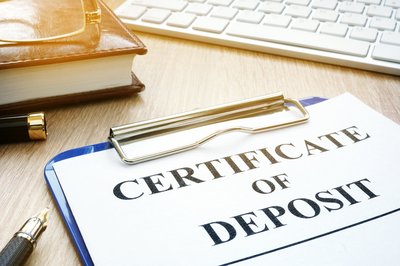
What is a certificate of deposit (CD)?
A CD is a special type of bank account that enables you to earn a high APY on your savings -- as long as you can leave the money untouched. If you don't expect to need your money in the next few months or years, a CD can be a smart investment choice.

What is ChexSystems?
ChexSystems is a reporting agency that collects information about checking and savings accounts you've held in your name. A ChexSystems report serves the same function as a credit report, letting banks know whether you've been responsible with your checking and savings accounts in the past.

What is debt consolidation?
Debt consolidation involves taking out a new loan to pay off high-interest debt, such as credit cards and consumer loans. Although there's more than one way to consolidate debt, ultimately, each one involves transferring the debt.
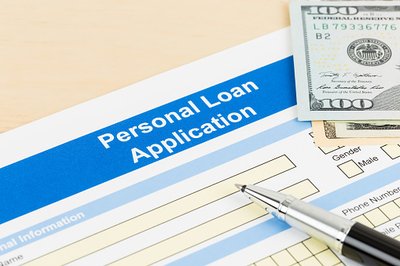
What is a personal loan?
A personal loan is money you borrow from a traditional bank or financial institution that offers a way to pay for pretty much anything, from home improvement projects to unforeseen emergencies.

What is a brokerage account?
A brokerage account is a type of investment account that facilitates buy and sell orders in the stock market. For many people, a brokerage account is their primary hub where they can build wealth for long-term goals and save for retirement.

How do brokerage accounts work?
Brokerage accounts are the middlemen between investors who want to participate in the financial markets and the investment professionals who have direct access to those markets.

How do I open a brokerage account?
Opening a brokerage account can seem like a daunting task, but it doesn't have to be. In just a few simple steps, you'll be on your way to funding your account and starting your investing journey.
Our Personal Finance Experts
We're firm believers in the Golden Rule, which is why editorial opinions are ours alone and have not been previously reviewed, approved, or endorsed by included advertisers. The Ascent does not cover all offers on the market. Editorial content from The Ascent is separate from The Motley Fool editorial content and is created by a different analyst team.